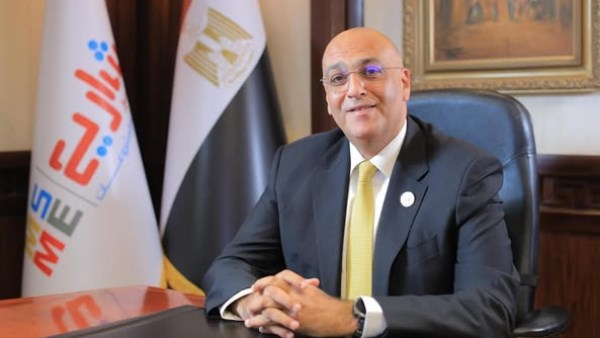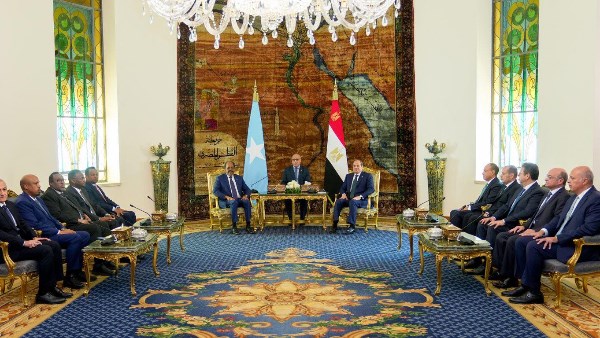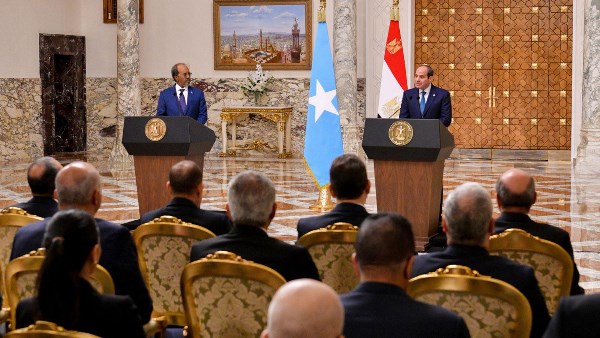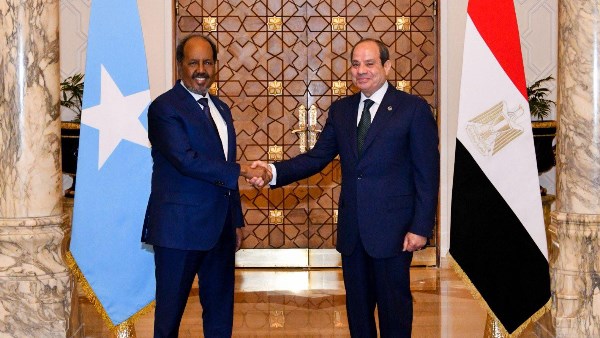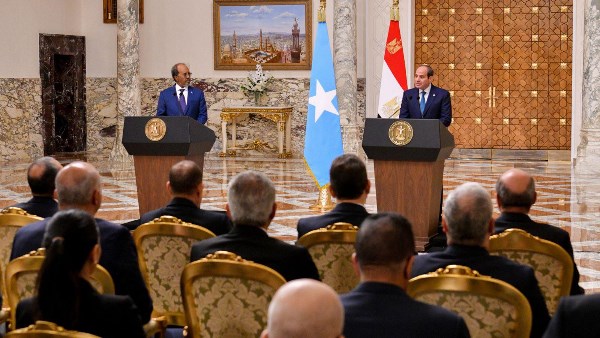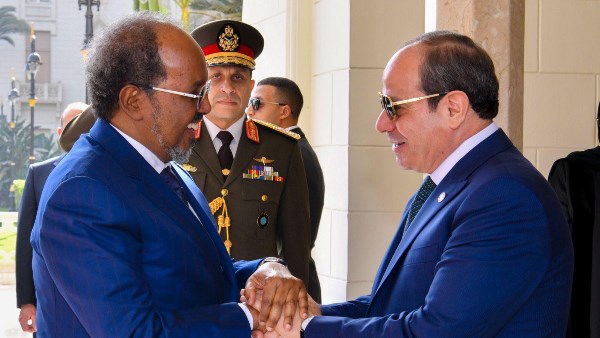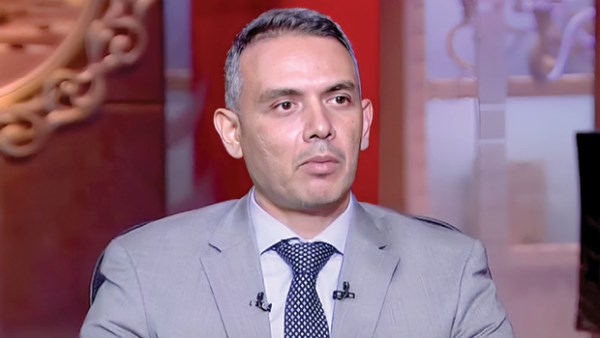
Pakistan now expects to secure at least $1.1 billion funding from the fund before its current program expires on June 30
Pakistan to Raise Taxes in Final Attempt to Secure IMF Loan

Pakistan will make changes to its budget for the next fiscal year to appease the International Monetary Fund’s concerns on taxes.
The nation plans to introduce new taxes and raise revenue by 215 billion rupees ($750 million) to 9.4 trillion rupees after three consecutive days of discussions with the IMF، Finance Minister Ishaq Dar said in Parliament Saturday. The budget will be finalized within three days، Dar said.
Reducing expenses
Earlier this month، Prime Minister Shehbaz Sharif’s government presented the annual spending plan that aimed to balance boosting economic growth with austere conditions imposed by the IMF to revive a $6.7 billion bailout program. It has decided to revise and reduce expenses by 85 billion rupees، according to the finance minister.
The IMF raised objections to some of the proposals، saying then that tax policies in the budget didn’t broaden the revenue base and an amnesty ran against the bailout program’s “conditionality and governance agenda.”
Sharif this week met with IMF Managing Director Kristalina Georgieva and pledged to take further steps with the fund to improve the budget. Pakistan is making one final effort to revive its program، said Dar.
Pakistan now expects to secure at least $1.1 billion funding from the fund before its current program expires on June 30. In the past year، the government has raised taxes and fuel prices and eased control over the foreign exchange rate.
Raising fuel tax
The nation has raised its fuel tax cap to 60 rupees a liter from currently enforced 50 rupees a liter، a key revenue measure for the IMF، said Dar. The authorities also removed restrictions on imports a day earlier.
The South Asian nation faces a financial crunch with record inflation، a currency that has weakened about 30% in a year and foreign exchange reserves that have slid to only about one month of imports.





-1120252475029447.jpg)



